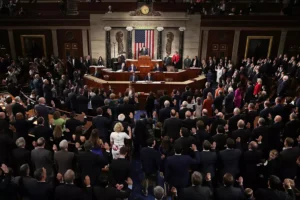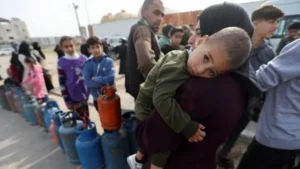New York’s Noguchi Museum under fire for dismissing employees over Keffiyeh dress code violation

The Noguchi Museum in New York City has come under fire after it dismissed three employees for violating its recently updated dress code by wearing keffiyehs, a popular scarf that signifies Palestinians yearn for freedom. according to a report by Reuters.
The museum, founded by Japanese-American sculptor Isamu Noguchi, implemented a policy last month banning employees from wearing garments that express “political messages, slogans, or symbols.”
In a statement, the museum explained that while it understood the personal intentions behind wearing the keffiyeh, such expressions could unintentionally alienate parts of its diverse visitor base.
One of the dismissed employees, Natalie Cappellini, accused the museum leadership of using the term “political” to silence support for the Palestinian cause. On Instagram, she criticised the move, sparking wider outrage.
Following the firings, over 50 museum employees signed a petition urging leadership to reverse the ban, accusing the museum of retaliating against outspoken people of colour. They described a tense meeting in which the decision to prohibit keffiyehs led to emotional responses and an impromptu staff walkout.
In solidarity, activists launched @noguchirights to promote the hashtag #PalestineInTheMuseum, encouraging visitors to attend the museum wearing keffiyehs and carrying placards calling for an end to colonialism.
The activiists wrote: “Take pictures in your keffiyeh at the Noguchi Museum (or at other museums!) and use the hashtag #Palestineisinthemuseum to prove that although leadership can try to ban it, solidarity is everywhere!
“From Noguchi’s “This Tortured Earth” a memorial for the tragedies of war, to “Bolt of Lighting.. A Memorial to Benjamin Franklin,” we see Palestine everywhere. As former Noguchi Museum staff, we feel distinctly aware of Noguchi’s anti-fascist legacy. Palestine is most definitely in the Noguchi Museum, as well as in all museums and with all oppressed people.”







